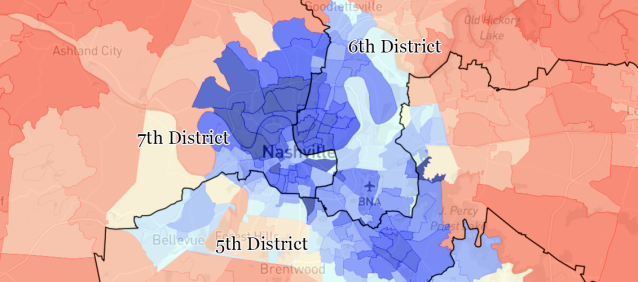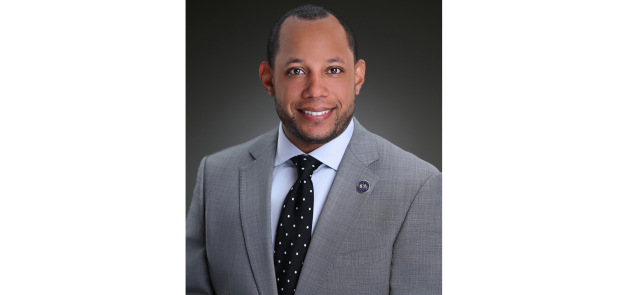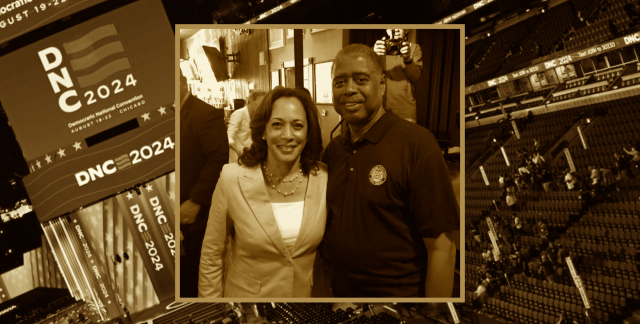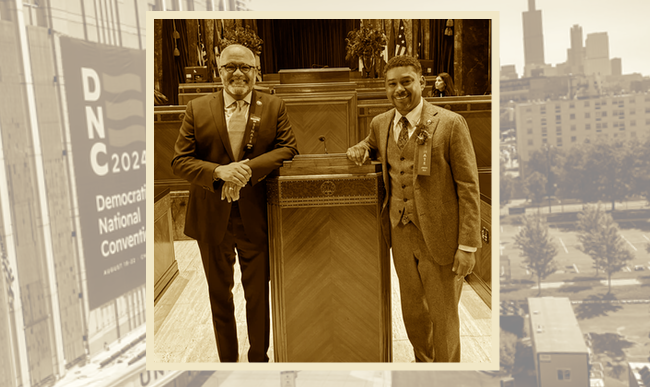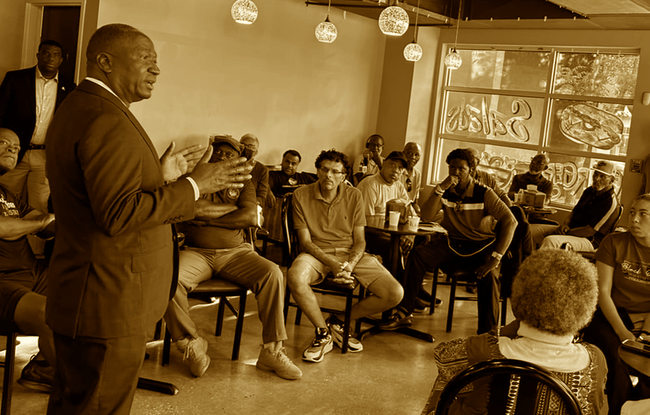In recent days, some Southeast Tennessee GOP lawmakers have been startled to find a private investigator knocking on their doors. Hired by the legal team of Cade Cothren, a former state House chief of staff, the investigator asked about their use in the past of taxpayer-funded correspondence and campaign services provided by then-Rep. Robin Smith.
Smith, a former state Republican Party chair, resigned from her House seat in 2022 after pleading guilty to a federal public corruption charge involving a kickback scheme that allegedly included Cothren and former state House Speaker Glen Casada, R-Franklin.
Prosecutors say the trio used a political consulting firm, Phoenix Solutions, to illegally funnel money to themselves through both campaign and taxpayer-funded work, while keeping their involvement secret.
One lawmaker speaking on condition his name not be used, said the investigator came to his Southeast Tennessee home unannounced.
“The whole idea was to catch whomever she could catch and say something they could use at trial. That’s my opinion,” the lawmaker said. “She said I’m working with so-and-so attorney and they represent Cade Cothren. I said, yeah, I know who he is.”
The lawmaker said the investigator asked if he ever had any interaction with Cothren to which he said he replied, “not really, just in passing.”
Questioning then “turned and she started asking me just all kinds of questions about Robin Smith,” he said. “And I’m like, hmm, they’re trying to build a case and just pin this whole thing on Robin Smith because she’s turned state’s evidence. I said, well, I used her as a vendor one time, but I’ve used several vendors in my time.”
He said he was asked who paid the bill for work done for him.
“I said what do you mean who paid the bill? She said when you did business, what kind of business, I said she did some printing and mailing for me. I said it’s a very common practice. She said who sent it, where did the invoice go. I said it came to me.
“She said: ‘Oh it didn’t go to your caucus? I said: ‘Why would it go to the caucus? It’s my campaign.”
Another lawmaker related a similar interaction with the investigator in which there were questions about not only the House but the Senate. He said it came off as a “search-and-destroy” effort.
“They want to show that this is a normal process and other people are just as guilty and they’re picking on [Cothren], that’s my guess,” he said. “That’s the way the questions were.”
Casada resigned from the speakership in 2019 following a racist and sexist text messaging scandal with Cothren and amid member discord over heavy-handed leadership tactics.
The trial is scheduled for Nov. 6.
Previous investigator fired
A private investigator working for Cothren was fired last year for sending what a prosecutor called “threatening” emails to potential witnesses. Cothren’s attorney, Cynthia Sherwood, said in a court hearing in May 2023 that when the emails came to her attention, she fired the investigator within five minutes.
Sherwood described the investigator’s emails as more “unprofessional” than threatening, likening them to the style of an investigative journalist. While Sherwood stressed she didn’t stand behind the tone of the missives, she said the investigator was trying to raise “legitimate questions” about Casada’s successor — current House Speaker Cameron Sexton — including about alleged marital infidelity and whether Cothren had been “instrumental” in his rise to power.
Sherwood said the questions about Sexton are relevant because one of the government’s central theories is that Cothren engaged in the scheme to hide his involvement in Phoenix Solutions because House members wouldn’t want to do business with him due to his “behavior” when he was chief of staff.
Cellphone fight
Smith is engaged in a legal fight with Casada and Cothren over cellphone data prosecutors inadvertently handed over as part of the discovery process. After investigators seized the mobile phone, they failed to apply filtering software to remove privileged correspondence between the former lawmaker and her attorneys before handing the information over to the defense team.
When the mistake was discovered, prosecutors told Casada and Cothren attorneys to return the materials, but they refused. Smith argues in court filings that she never waived her attorney-client privilege. U.S. District Judge Eli Richardson has yet to rule on the matter.

